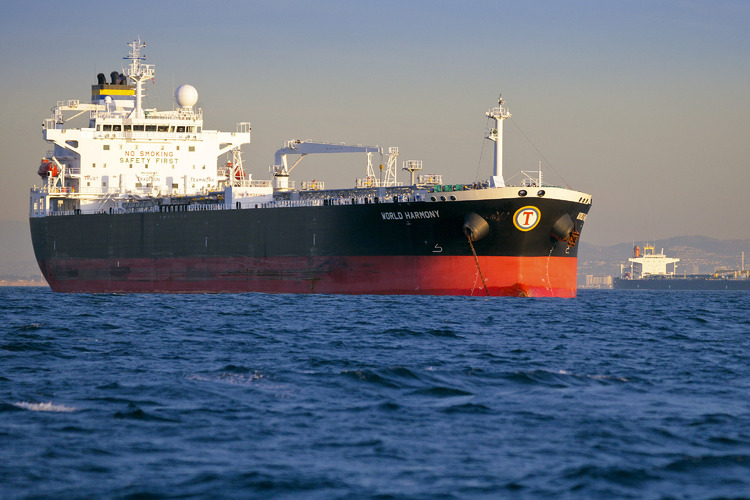- Oil Marketers Want Payment of Subsidy Debts
Oil marketers under the aegis of the Major Oil Marketers Association of Nigeria and the Depot and Petroleum Products Marketers Association have called for the payment of the outstanding debts owed them by the Federal Government.
The associations, in separate interviews with our correspondent, said the delay in the payment of the debts had taken a toll on the business of their members.
The Chief Executive Officer/Executive Secretary, MOMAN, Mr Clement Isong, said the outstanding subsidy debts owed marketers by the government remained the primary problem in the downstream sector.
He stated, “The debt creates serious working capital constraints for all marketers, not just MOMAN, and makes it difficult to run our business. Any business that is owed so much will struggle obviously.”
Isong said, “This debt, most of which we in turn owe banks, has completely blocked or limited our ability to access credit. We have reached the full extent of our credit with the banks; so, we are struggling to do business. We really need to get paid the outstanding subsidy by government.”
“The debt owed MOMAN only is N130.7bn, that is subsidy and interest. What is owed the industry as a whole, I think, is about N400bn. Government should pay what is outstanding; it has been a long time.”
He confirmed that the National Assembly had approved the payment of the outstanding subsidy, saying, “It has just not been paid yet.”
Isong stated that marketers had stopped importing petrol, adding, “Just as it was impossible for marketers to import when oil price was $70 per barrel, it is even more difficult for us to import at $85 if the pump price of petrol remains at N145.”
The Nigerian National Petroleum Corporation has been the sole importer of petrol into the country for more than a year, with the group managing director, Maikanti Baru, saying on December 23, 2017 that the Federal Government had been resisting intense pressure to increase the pump price of petrol.
He noted then that the landing cost of the commodity was N171.4 per litre as of December 22, 2017, when oil price was around $64 per barrel.
The Executive Secretary, DAPPMA, said, “With the landing cost as it is right now, we can’t bring in products because we can’t absorb the subsidy, and we don’t have access to foreign exchange.
“Aside from that, we are still being owed by the Federal Government. The money that was approved to be paid to us has not been paid. The process being undertaken by the government agencies that needed to pay is actually a hindrance, and we are appealing to them to speed things up so that our people can get this money and have some relief.
“If the government takes the bull by the horns and deregulate the sector, then we will see private marketers do what we know best to do.”

 Forex2 weeks ago
Forex2 weeks ago


 Naira2 weeks ago
Naira2 weeks ago
 Naira4 weeks ago
Naira4 weeks ago
 Company News4 weeks ago
Company News4 weeks ago
 Billionaire Watch1 week ago
Billionaire Watch1 week ago




 Naira2 weeks ago
Naira2 weeks ago




 Naira1 week ago
Naira1 week ago




 Naira4 weeks ago
Naira4 weeks ago






















